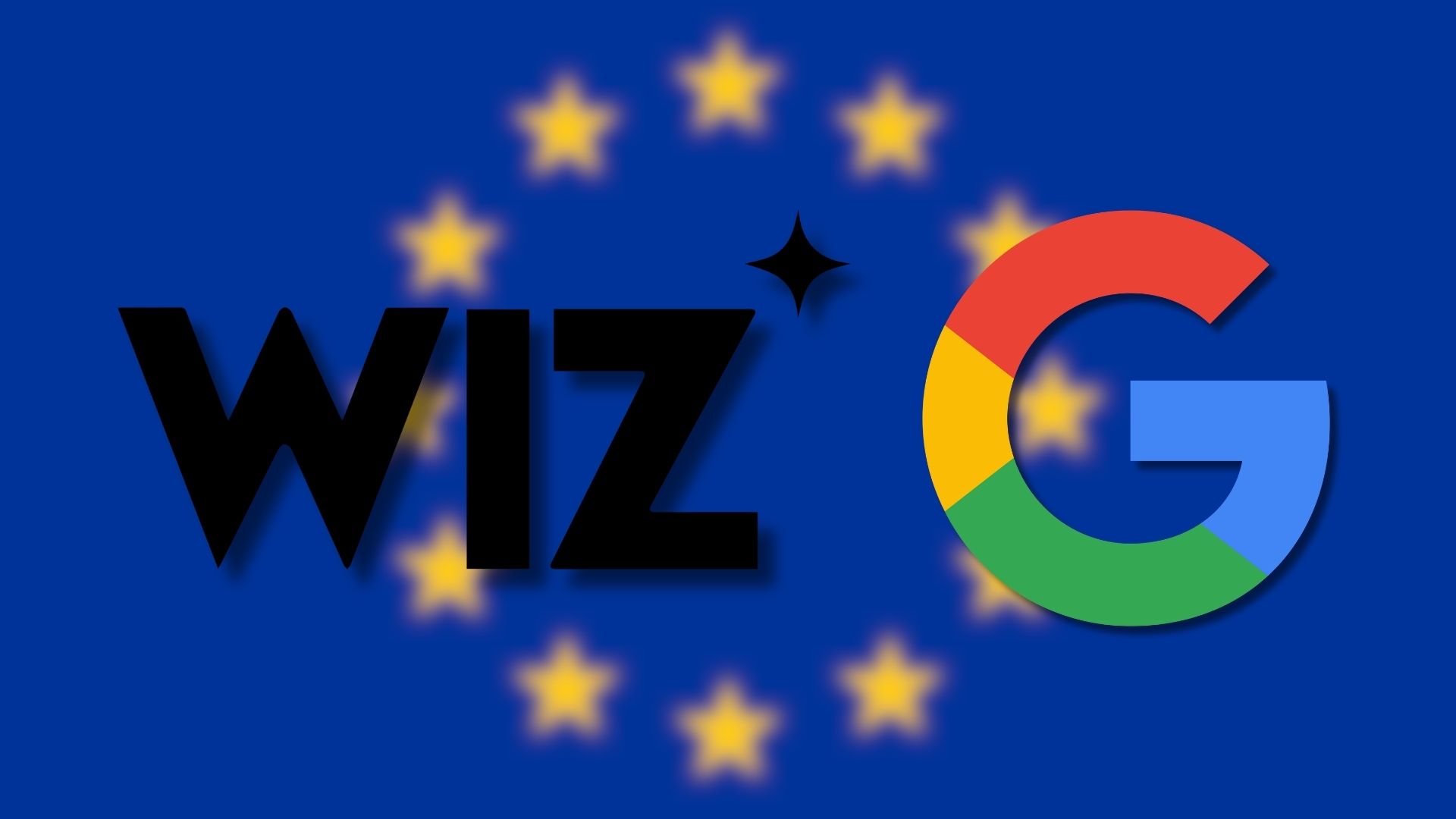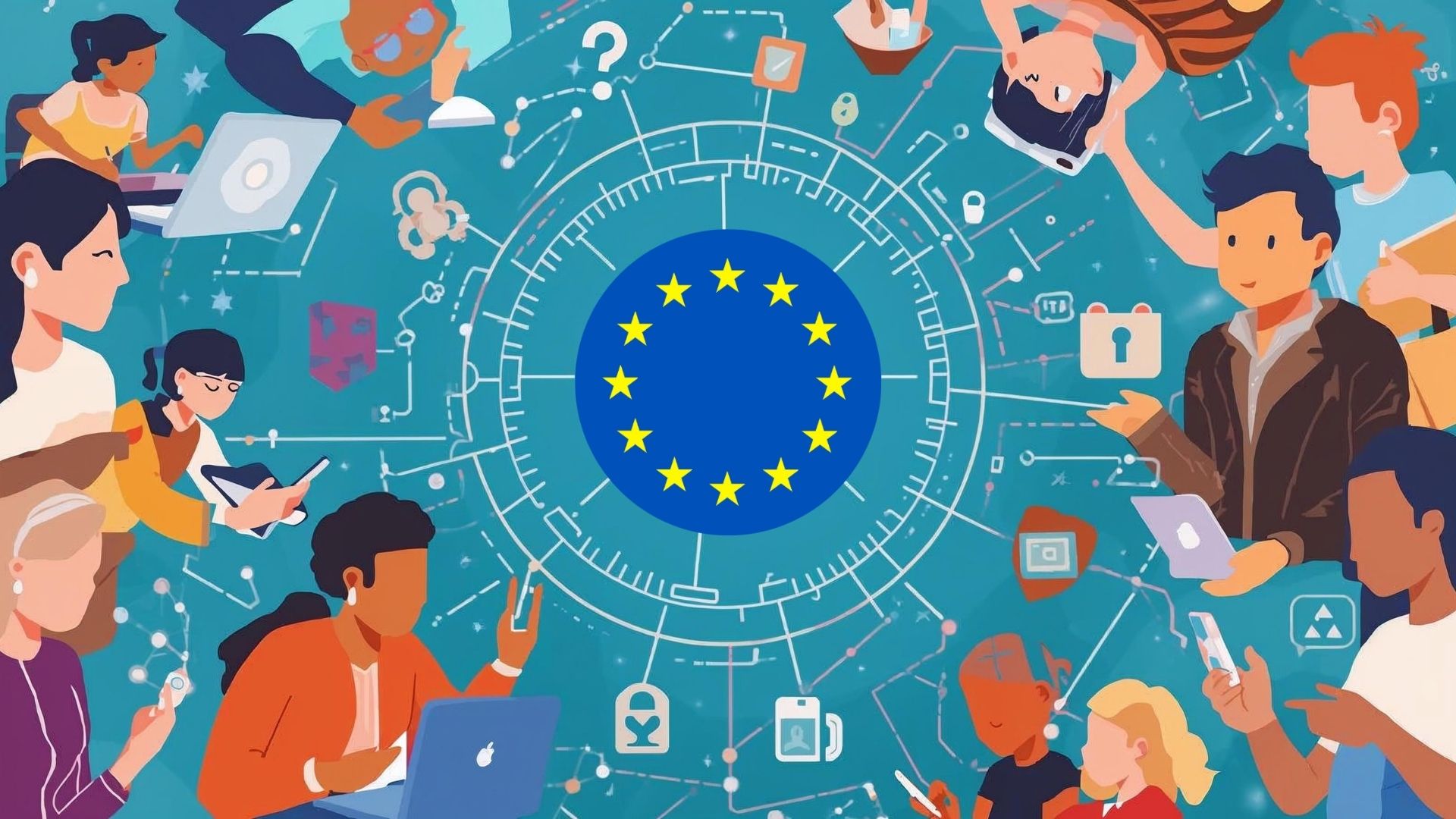Web Summit’s Women in Tech programme marked a decade of work in Qatar by highlighting steady progress in female participation across global technology sectors.
The Web Summit event recorded an increase in women-founded startups and reflected rising engagement in Qatar, where female founders reached 38 percent.
Leaders from the initiative noted how supportive networks, mentorship, and access to role models are reshaping opportunities for women in technology and entrepreneurship.
Speakers from IBM and other companies focused on the importance of AI skills in shaping the future workforce. They argued that adequate preparation depends on understanding how AI shapes everyday roles, rather than relying solely on technical tools.
IBM’s SkillsBuild platform continues to partner with universities, schools, and nonprofit groups to expand access to recognised AI credentials that can support higher earning potential and new career pathways.
Another feature of the event was its emphasis on inclusion as a driver of innovation. The African Women in Technology initiative, led by Anie Akpe, is working to offer free training in cybersecurity and AI so women in emerging markets can benefit from new digital opportunities.
These efforts aim to support business growth at every level, even for women operating in local markets, who can use technology to reach wider communities.
Female founders also used the platform to showcase new health technology solutions.
ScreenMe, a Qatari company founded by Dr Golnoush Golsharazi, presented its reproductive microbiome testing service, created in response to long-standing gaps in women’s health research and screening.
Organisers expressed confidence that women-led innovation will expand across the region, supported by rising investment and continuing visibility at major global events.
Would you like to learn more about AI, tech and digital diplomacy? If so, ask our Diplo chatbot!










